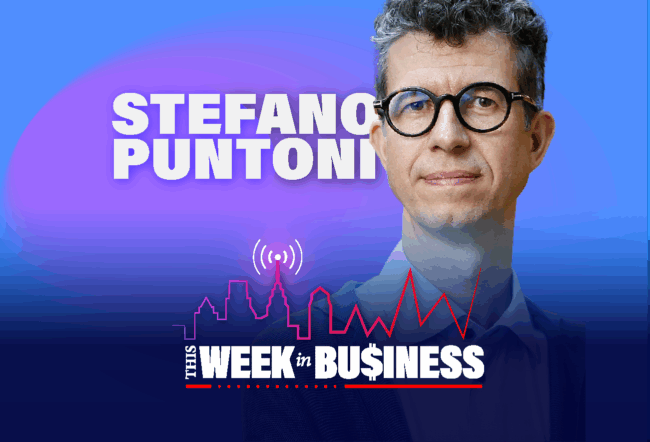What Wharton experts say about AI’s impact on student learning:
A NEW STUDY LED BY RESEARCHERS AT WHARTON AND PENN REVEALS that using generative AI improves student performance, but also makes it harder for students to learn and acquire new skills. (source)
HAMSA BASTANI SAYS THAT “WE’RE REALLY WORRIED THAT IF HUMANS DON’T LEARN, IF THEY START USING THESE TOOLS AS A CRUTCH AND RELY ON IT, THEN THEY WON’T ACTUALLY BUILD THOSE FUNDAMENTAL SKILLS TO BE ABLE TO USE THESE TOOLS EFFECTIVELY IN THE FUTURE.”
She also says that “if we are thinking of this tool as an assistant and doing the higher-level tasks, checking its outputs and so on, it can be a huge benefit, but if we use it sort of lazily and kind of outsource the work that we’re supposed to be doing and completely trust the machine learning model, then that’s when we could be in trouble.” (source)
CHRISTIAN TERWIESCH SAYS THAT “THE COST/QUALITY FRONTIER HAS SHIFTED OUT, AND I CAN DO NOW MORE WITH LESS. What does that mean for teaching? Well, I can either teach more students, or I can hold the number of students I’m teaching constant and provide a better job.”
He goes on to say that “there is a use case for the students who’ll get the same education as before, they just get it in a more efficient and, thus, cheaper way.” (source)
KARTIK HOSANAGAR SAID THAT “PEOPLE HAVE MANY CONCERNS WITH AI USE IN EDUCATION,” during an interview with Khan Academy founder Salman Khan
Khan replies that, “All technology can amplify intent. It could be positive intent, or it could be lazy intent. and students sometimes have lazy intent. When you’re trying to develop your skills, that lazy intent can undermine you. We just have to make sure there’s proper oversight and proper ai tools and ways of working in the classroom where there’s guardrails.” (source)
CORNELIA C. WALTHER BELIEVES THAT AI CAN BE APPLIED AT VARIOUS LEVELS OF THE HUMAN EXPERIENTIAL MATRIX. She mentions “AI tools for schools and libraries that curate locally relevant educational resources,” and “AI for labor market forecasting, helping governments align education policy with future skills needs” as being key opportunities for application. (source)


